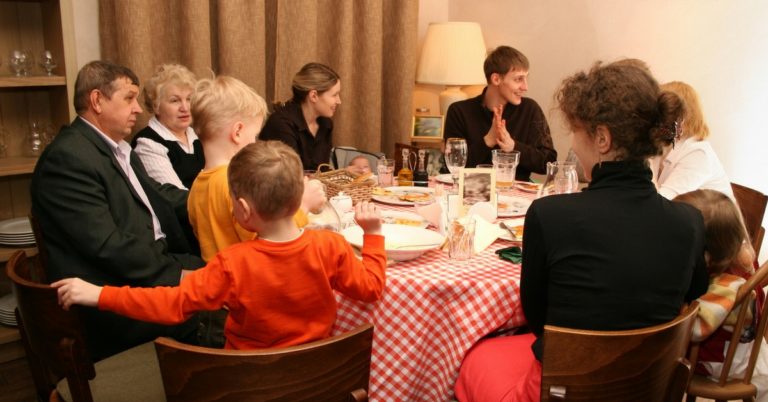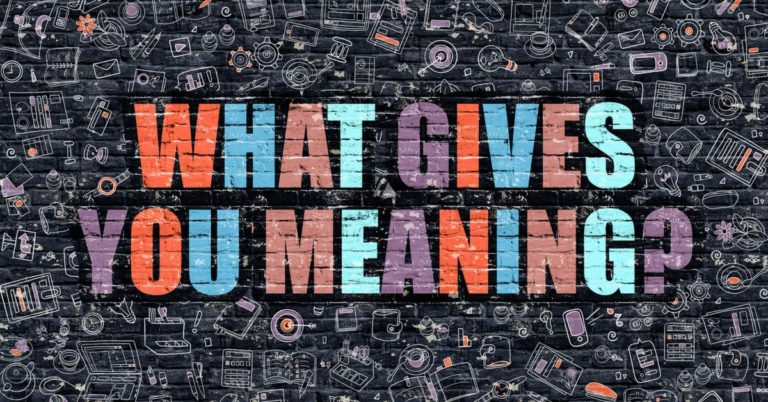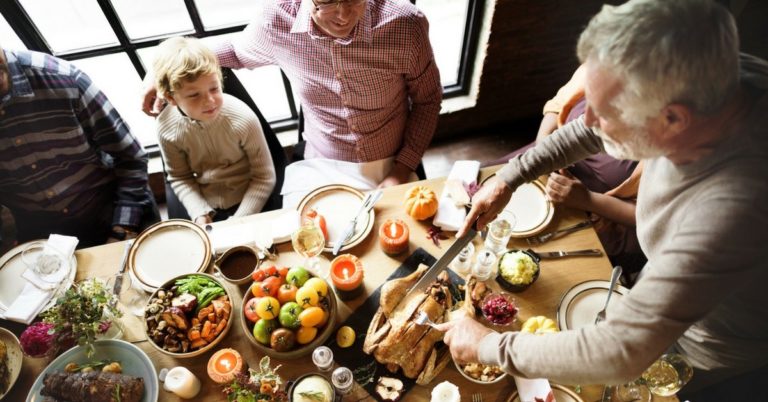How to Consciously Choose the Right Partner
 There’s nothing worse than getting deep into a relationship and then suddenly realizing that you’ve made a poor choice. Before you get into a committed relationship with someone new, it’s important to avoid some of the common mistakes.
There’s nothing worse than getting deep into a relationship and then suddenly realizing that you’ve made a poor choice. Before you get into a committed relationship with someone new, it’s important to avoid some of the common mistakes.Here is a Guide for Conscious Choices in a Partner.
- Kindness and Respect – The expression, “we should treat family like strangers and strangers like family,” is indicative of the amount of disrespect that is tolerated in relationships. This attitude is a barrier to the basic building blocks of long-term goodwill and respect.
- Ability To Learn: Curiosity – Although it is normal to have disagreements and power struggles, many couples fail to learn from conflicts and may repeat the same self-destructive scenarios and behaviors for decades. We shouldn’t talk unless we can improve on silence. As James Thurber noted, our tendency is to look back in anger or forward in fear, instead of “around in awareness.”
- Flexibility – Many people grew up in rigid families, with rigid roles. Consequently, it doesn’t occur to them to let go of patterns that clearly aren’t working.
- Ability To Hear Your Pain – This is what often brings couples into therapy, because they have not learned to sit and listen to one another with empathy and compassion.
- A Deep Inner Life On A Personal Journey – Often couples becomes too fused together, losing their individual joys and passions.
- Similar Passions – (Ability to have many varied good times together) – Many couples lose their pleasure bond with each other, sharing mostly complaints and drudge.
- Similar Values – Unfortunately we read too many “happily ever after” fairy tales, instead of understanding the importance of conscious negotiation of rules, roles, religion, and money issues, early-on in couple-hood.
- Compassion – Many people learn “shame and blame” games in their family. They engage in rascal hunting and learn to use these behaviors in close relationships. Families fail to watch each other with “soft eyes,” (Levine 1995) in order to address problem behaviors in a gentle manner without judgment about toward partners. Often a partner will take the “moral high ground” and lecture to the other about perceived inadequacies. Instead, of compassion shared between two equals, partners often relate to each other like they are parents of children.
- Ability To Laugh At Ones Self – Because many people grew up in a shame-blame environment, it is difficult for them to look at themselves lightly.
- Substance Abuse, Dishonesty, Cover-up – A lack of knowledge about substance abuse introduces a wild card into relationships. Also, dishonesty and cover-up cause a build-up of bad feelings, becoming ”brown stamps.” This can lead to what I call the “anchovy pizza” syndrome. In my practice I have seen countless couples who’ve saved “brown stamps” of bad feelings, until they are ready to cash them in at the break-up redemption center. In one such case, a woman saved book after book of bad feelings about her husband’s inability to hear her needs. The last stamp was pasted when he ordered an anchovy pizza. She hated anchovies. Then, she announced, to his shock, that the pizza was the last food he’d ever order for her, because she wanted a divorce.
- Ability To Be A Friend And Not Just A Lover – Passion without friendship in relationships, is like doing somersaults on a circus trapeze without a safety net.
- Someone Who Makes Your Life Bigger, Not Smaller – Unfortunately, too many people grew up seeing family in terms of correction-city, drudge and duty. Consequently, they perceive commitment as a prison sentence, instead of a shared adventure.
Although, this is an easy list to memorize, the difficulty lays in breaking the patterns that prevent maintenance of our desired behaviors. Peggy Papp, a famous family therapist remarked that we come out of our own family of origin with a “cookie-cutter” approach to life and it requires “heroic moments” to change the shape of our own cookie-cutters.
Visualize your dream relationship several times a day and that will help to begin to change your cookie-cutter. Focus on who and what you want, instead of who and what you don’t want. Only one person can defeat you in the endeavor, that person is you. Inner correction creates outer correction.
 Get Your Copy of Friendship on Fire
Get Your Copy of Friendship on Fire
by Dr. Linda Miles
Maintaining a lasting, loving relationship starts by accepting that happily ever after is a myth. Friendship on Fire is a reality tale that gives practical and spiritual strategies for a passionate connection that lasts. Love is a fire; like a fire it explodes then when the fuel is gone it starts to die. You hold the matches needed to keep that fire aglow but under control. You are responsible for your relationship; build it on a Friendship on Fire. You need passion to keep the sparks flying and friendship for to keep them under control. Therapist Dr. Linda Miles shares secrets to successful and lasting relationships based on real life. She uses her more than thirty years of experience and research to explain what really works to keep the flames alive in simple, yet inspiring language. Friendship on Fire is loaded with tips that couples can implement to be more loving. It s up to you what you do with your matches.







